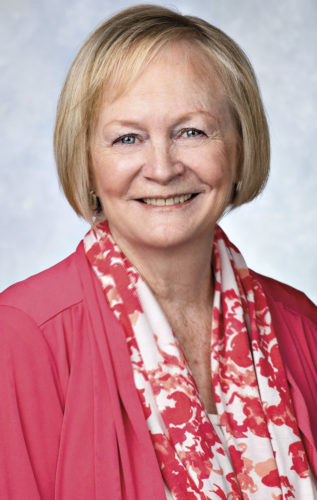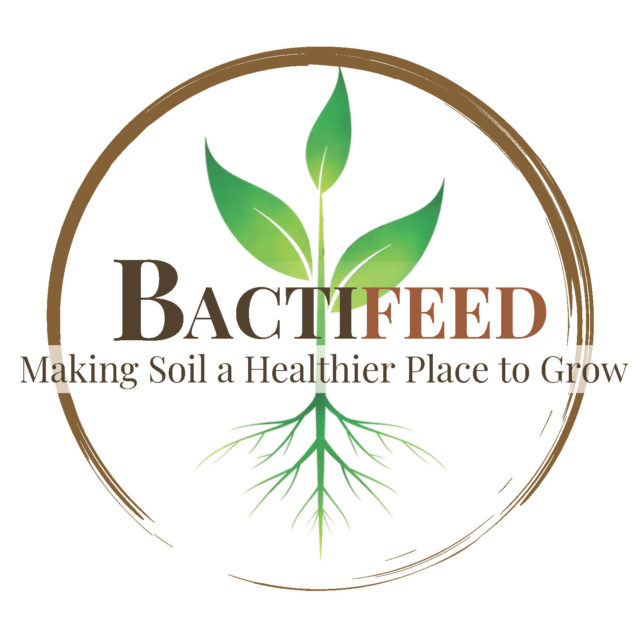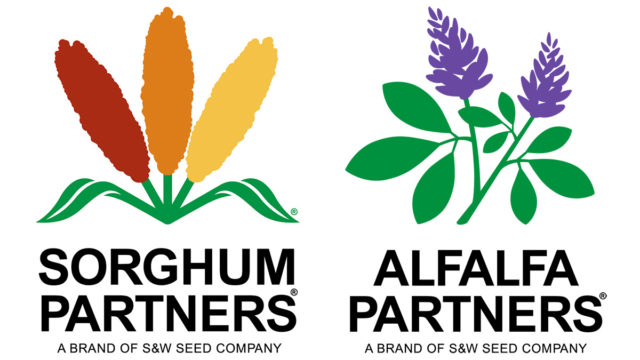The Nebraska Alfalfa Marketing Association recently hosted their trade show and annual meeting in Norfolk, Nebraska. As usual, vendors chatted and a common conversation thread was, “Which shows are you going to this winter?”
Then stories of travel nightmares, plane delays and cheap motels unfolded. Doesn’t matter if you’re a seed rep, inoculant salesman or hauling machinery around the country, everybody has a story.
But the real story is not the motel; it’s not the fast-food diet or icy roads. The real story is packing the luggage. Bear with me a minute ….
Most of us who travel to several shows have spent the night in an airport only to catch a 4:30 a.m. plane arriving at the final trade show two hours late – to find our luggage didn’t make it. This means no toothbrush, no clean shirt, no lots of things.
So most of us have learned to pack a carry-on bag extremely thoughtfully and sensibly. I’ve packed, unpacked and repacked until I can get my computer, camera, coat and gloves, notebooks and personal essentials into a plane-sized carry-on, only to find that I desperately needed something that wasn’t there.
So I’ve unpacked and repacked repeatedly, prioritizing items exhaustively. Or so I thought – until the next time I realized I needed something badly that was missing. Then I started the process all over again trying to determine what I could leave out and what was truly essential.
Flight luggage is not the only baggage that has to be unpacked and repacked. We do this with our lives, relationships and businesses all the time. Farmers do this with crop choices from year to year, with equipment upgrade decisions, technology, labor planning, land rents and inputs.
One of the Nebraska seminars presented in Norfolk was themed for transition planning. There I met a producer who discussed much “baggage” unpacking and repacking as his parents transitioned their farm. That process taught him how to unpack and repack so he could begin bringing some of his children back to the farm.
But he didn’t have the process all figured out yet, which is why he attended the seminar – to learn to unpack and repack again.
Another group of producers gathered around fellow growers who shared their experience of boldly jumping into the world of ag technology with humidity moisture sensors on windrows that sent text alarms to their smartphones.
Not only had the couple unpacked and repacked their thinking to experiment with this technology, but those gathering around them who tried to pick their sleep-deprived hay-harvesting brains were also in the very process of unpacking and repacking their haying strategies as they considered adopting the technology.
I visited some producers near Norfolk on that trip. One had a feedlot operation with more than 10,000 head of cattle; another was a cow-calf producer of about 500 head. They were very different operators, and yet the two had something in common – they each had unpacked and repacked their “baggage” several times over the years, fine-tuning their operations to meet their vastly different goals.
They changed breeds, changed land purchases, changed personnel and ultimately changed traditional thinking.
We think, then un-think, then re-think and think again. We plan, then un-plan, then re-plan again. I haven’t met a producer yet who runs things “just the way Dad did.” One producer even said, “My dad would roll over in his grave if he knew I’d spent $40,000 on precision technology.”
That same grower attended the conference to learn how to better use all the data he had collected. Unpacking, repacking ….
But it seems to me that only those who unpack and repack their processes and business plans will survive. The rest will be caught short and find they don’t have the essentials to stay in business anymore. FG

- Lynn Jaynes
- Editor
- Progressive Forage Grower
The Nebraska Alfalfa Marketing Association recently hosted their trade show and annual meeting in Norfolk, Nebraska. As usual, vendors chatted and a common conversation thread was, “Which shows are you going to this winter?”
Then stories of travel nightmares, plane delays and cheap motels unfolded. Doesn’t matter if you’re a seed rep, inoculant salesman or hauling machinery around the country, everybody has a story.
But the real story is not the motel; it’s not the fast-food diet or icy roads. The real story is packing the luggage. Bear with me a minute ….
Most of us who travel to several shows have spent the night in an airport only to catch a 4:30 a.m. plane arriving at the final trade show two hours late – to find our luggage didn’t make it. This means no toothbrush, no clean shirt, no lots of things.
So most of us have learned to pack a carry-on bag extremely thoughtfully and sensibly. I’ve packed, unpacked and repacked until I can get my computer, camera, coat and gloves, notebooks and personal essentials into a plane-sized carry-on, only to find that I desperately needed something that wasn’t there.
So I’ve unpacked and repacked repeatedly, prioritizing items exhaustively. Or so I thought – until the next time I realized I needed something badly that was missing. Then I started the process all over again trying to determine what I could leave out and what was truly essential.
Flight luggage is not the only baggage that has to be unpacked and repacked. We do this with our lives, relationships and businesses all the time. Farmers do this with crop choices from year to year, with equipment upgrade decisions, technology, labor planning, land rents and inputs.
One of the Nebraska seminars presented in Norfolk was themed for transition planning. There I met a producer who discussed much “baggage” unpacking and repacking as his parents transitioned their farm. That process taught him how to unpack and repack so he could begin bringing some of his children back to the farm.
But he didn’t have the process all figured out yet, which is why he attended the seminar – to learn to unpack and repack again.
Another group of producers gathered around fellow growers who shared their experience of boldly jumping into the world of ag technology with humidity moisture sensors on windrows that sent text alarms to their smartphones.
Not only had the couple unpacked and repacked their thinking to experiment with this technology, but those gathering around them who tried to pick their sleep-deprived hay-harvesting brains were also in the very process of unpacking and repacking their haying strategies as they considered adopting the technology.
I visited some producers near Norfolk on that trip. One had a feedlot operation with more than 10,000 head of cattle; another was a cow-calf producer of about 500 head. They were very different operators, and yet the two had something in common – they each had unpacked and repacked their “baggage” several times over the years, fine-tuning their operations to meet their vastly different goals.
They changed breeds, changed land purchases, changed personnel and ultimately changed traditional thinking.
We think, then un-think, then re-think and think again. We plan, then un-plan, then re-plan again. I haven’t met a producer yet who runs things “just the way Dad did.” One producer even said, “My dad would roll over in his grave if he knew I’d spent $40,000 on precision technology.”
That same grower attended the conference to learn how to better use all the data he had collected. Unpacking, repacking ….
But it seems to me that only those who unpack and repack their processes and business plans will survive. The rest will be caught short and find they don’t have the essentials to stay in business anymore. FG

- Lynn Jaynes
- Editor
- Progressive Forage Grower










